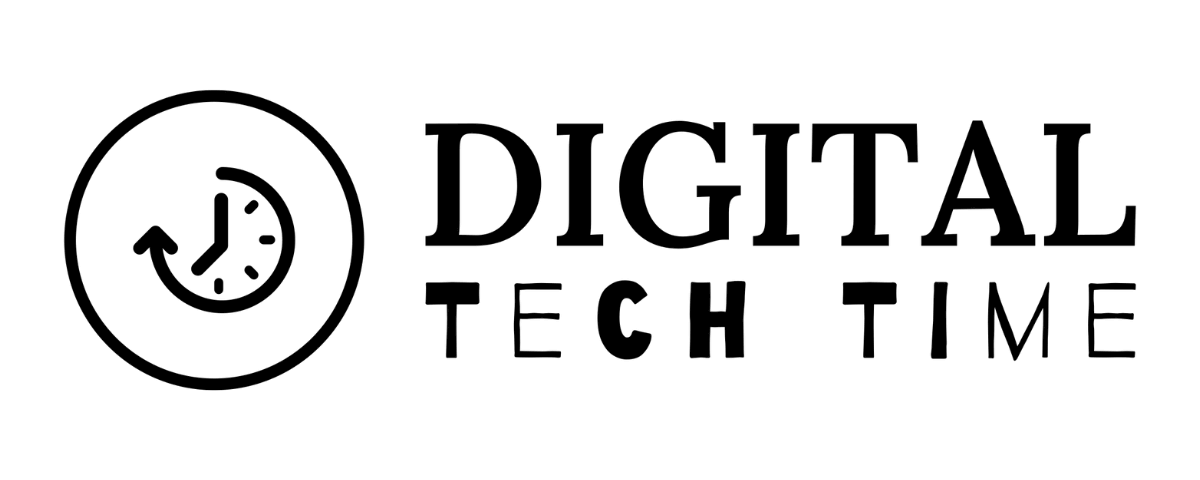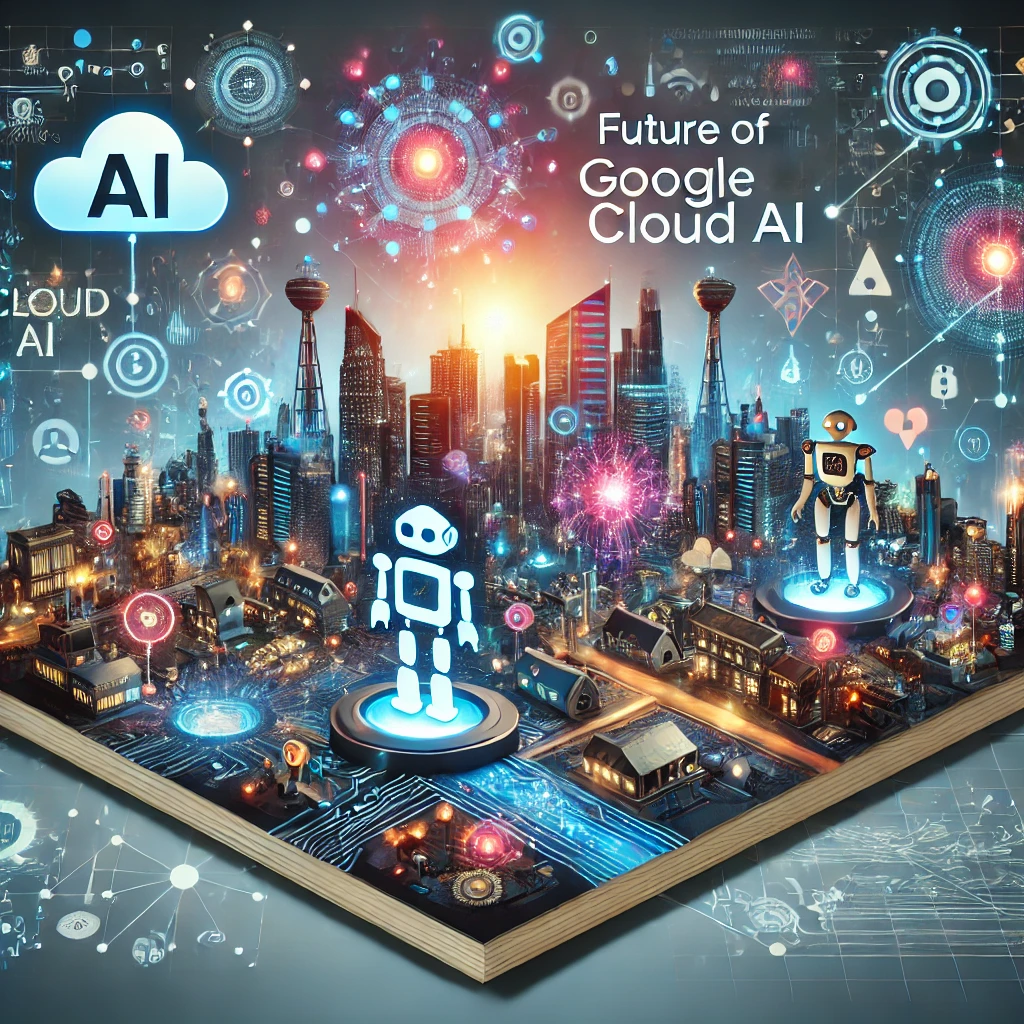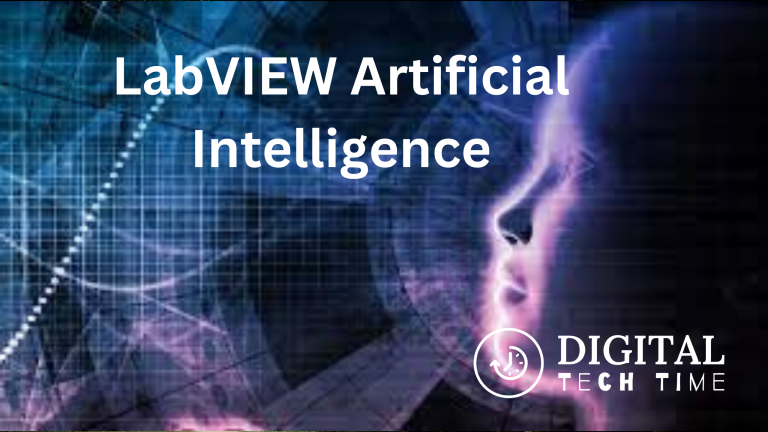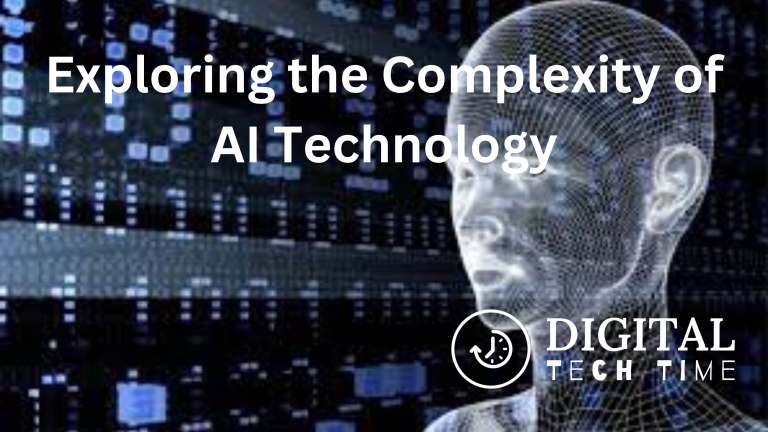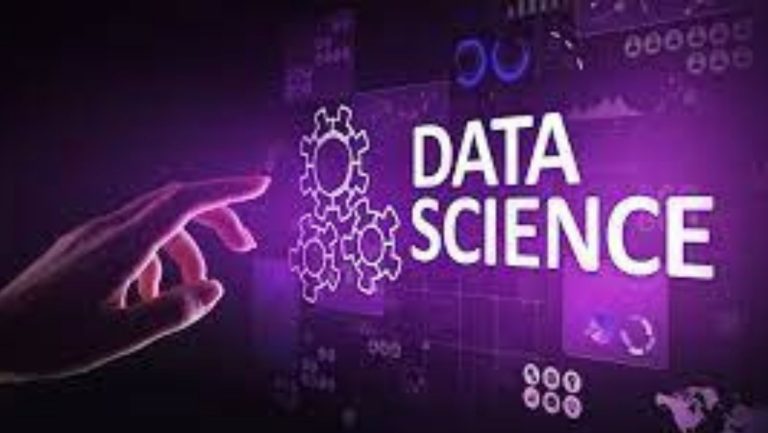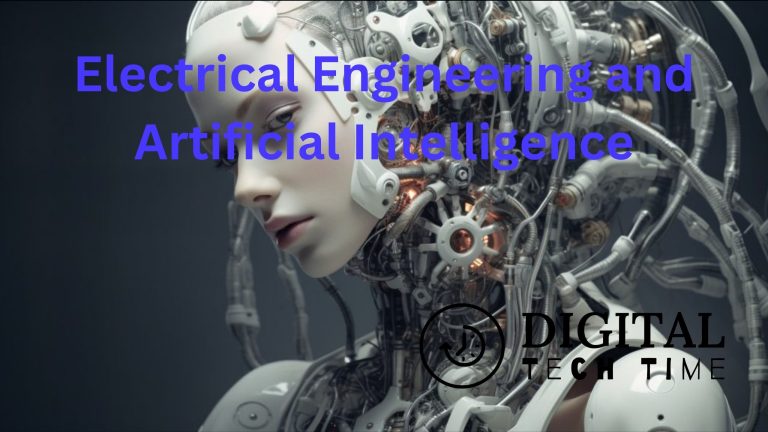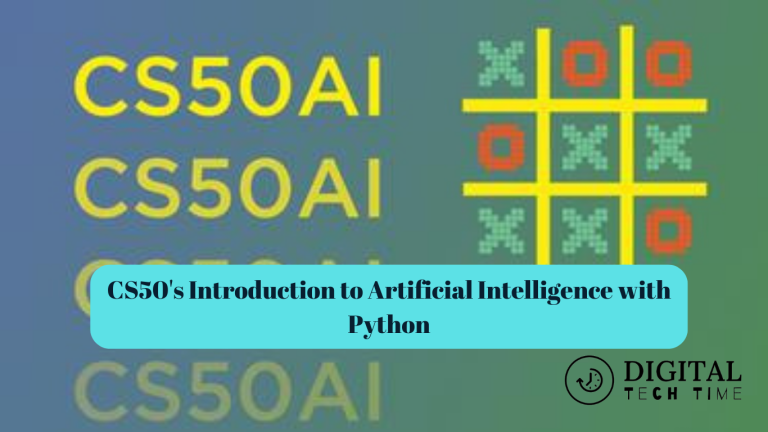Future of Technology With Google Cloud AI
Advancements in artificial intelligence and cloud computing are shaping the future of technology. Among the frontrunners in this space is Google Cloud AI. This powerful platform combines the strengths of AI and cloud technology to offer innovative solutions for businesses. In this article, we’ll explore how Google Cloud AI drives the future of technology, transforming industries, and what trends we can expect to see.
Table of Contents
Overview of Google Cloud’s AI Capabilities
Unveiling Google Cloud’s AI Suite
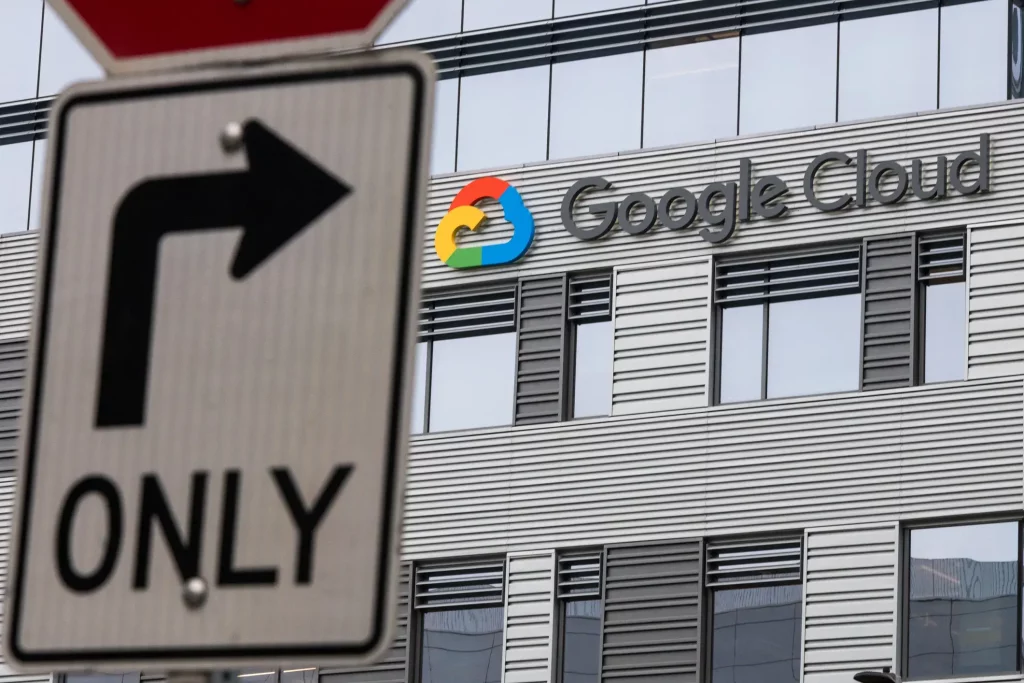
Google Cloud’s AI Suite offers a comprehensive set of tools and services designed to simplify and enhance the deployment of AI solutions. These services are tailored to meet the needs of both beginners and experienced AI practitioners, providing scalable and efficient solutions for a wide range of applications.
AutoML: AutoML is a suite of machine learning products that allows developers with limited ML expertise to train high-quality models. With AutoML, users can leverage Google’s advanced neural architecture search technology to automate the process of designing machine learning models. It supports various tasks, including image recognition, natural language processing, and structured data analysis. AutoML’s intuitive interface and pre-trained models enable rapid deployment and customization, making it easier for businesses to integrate AI into their operations.
AI Platform: The AI Platform is a robust, end-to-end development environment for building, deploying, and managing machine learning models. It provides a suite of tools for data scientists and developers to experiment, train, and tune their models using Jupyter notebooks and other development environments. The AI Platform supports popular frameworks such as TensorFlow, Keras, and PyTorch, offering flexibility and compatibility for various AI projects. Additionally, it includes features for version control, model tracking, and scalable training on Google’s infrastructure, ensuring that AI models can be developed and deployed efficiently at scale.
TensorFlow: TensorFlow is an open-source machine learning framework developed by Google, which has become a cornerstone of modern AI development. TensorFlow provides a comprehensive ecosystem for building and deploying machine learning models, from research prototypes to production-grade applications. It includes a variety of tools and libraries for different aspects of AI, such as TensorFlow Lite for mobile and embedded devices, TensorFlow.js for JavaScript applications, and TensorFlow Extended (TFX) for end-to-end machine learning pipelines. TensorFlow’s flexibility, scalability, and community support make it a preferred choice for developers worldwide.
Highlighting Unique Features and Capabilities
What sets Google Cloud’s AI solutions apart from other AI platforms in the market are several unique features and capabilities:
Scalability: Google Cloud’s AI services are built on Google’s robust cloud infrastructure, offering unmatched scalability. This allows businesses to handle large datasets and train complex models efficiently, regardless of the size of their operations. The ability to scale up or down based on demand ensures optimal performance and cost-effectiveness.
Integration Capabilities: Google Cloud AI seamlessly integrates with other Google Cloud services and third-party tools, creating a cohesive and versatile ecosystem. This integration capability allows businesses to leverage existing data pipelines, storage solutions, and analytics tools, enhancing overall workflow efficiency. For example, Google Cloud AI can easily integrate with BigQuery for large-scale data analysis or with Google Kubernetes Engine (GKE) for managing AI workloads in containers.
Advanced Machine Learning Algorithms: Google Cloud AI incorporates cutting-edge machine learning algorithms and technologies developed by Google’s research teams. This includes state-of-the-art neural network architectures, transfer learning techniques, and pre-trained models. These advanced algorithms enable businesses to achieve superior accuracy and performance in their AI applications, giving them a competitive edge in the market.
Impact on Various Industries
Revolutionizing Industries with AI
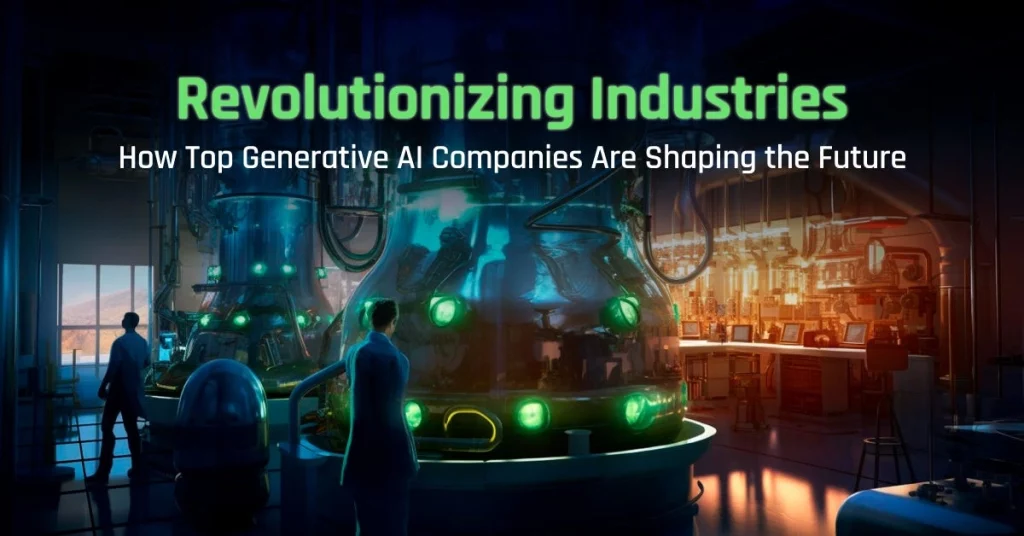
Google Cloud’s AI: is playing a transformative role across a wide range of industries. Its advanced capabilities are driving innovation and efficiency, leading to significant improvements in how businesses operate and serve their customers. Here are some specific examples of how Google Cloud’s AI is revolutionizing various sectors:
Healthcare: In healthcare, AI is enhancing diagnostics and patient care. Google Cloud’s AI tools are being used to analyze medical images and patient data to detect diseases early and accurately. For example, AI algorithms can identify patterns in radiology images that are indicative of conditions such as cancer or heart disease. This early detection enables timely intervention, improving patient outcomes. Additionally, AI-powered predictive analytics help personalize treatment plans by analyzing a patient’s history and predicting the effectiveness of various treatments.
Retail: In the retail sector, Google Cloud’s AI is enabling personalized customer experiences and optimizing operations. Retailers use AI-driven recommendation systems to analyze customer behaviour and preferences, providing customized product suggestions that enhance the shopping experience. This not only increases customer satisfaction but also boosts sales. Furthermore, AI is being used to manage inventory more efficiently. Predictive analytics help retailers forecast demand and optimize stock levels, reducing the risk of overstocking or stockouts.
Finance: The finance industry benefits from AI through improved risk management and fraud detection. Google Cloud’s AI models analyze vast amounts of transaction data to identify unusual patterns that may indicate fraudulent activity. This real-time analysis helps financial institutions prevent fraud and protect their customers. Additionally, AI-driven insights help in assessing credit risk by analyzing a wide range of data points, enabling more accurate and fair lending decisions.
Case Studies or Success Stories
Healthcare: One notable success story in healthcare is that of a leading hospital that implemented Google Cloud’s AI to develop an AI-driven diagnostic tool. This tool analyzes medical images to detect early signs of diseases such as diabetic retinopathy. The implementation of this tool resulted in faster and more accurate diagnoses, significantly reducing the time needed to begin treatment. The hospital reported a substantial improvement in patient outcomes and a decrease in diagnostic errors, showcasing the tangible benefits of adopting Google Cloud’s AI.
Retail: A global retail brand leveraged Google Cloud’s AI to enhance its customer experience and streamline operations. By integrating AI-powered recommendation systems, they personalized their online shopping platform, leading to a 20% increase in sales. Additionally, the use of predictive analytics for inventory management reduced their holding costs by 15%, optimizing their supply chain and improving overall efficiency.
Finance: A significant financial institution used Google Cloud’s AI to enhance its fraud detection system. By implementing machine learning models that analyze transaction data in real time, they were able to detect and prevent fraudulent transactions more effectively. This resulted in a 30% reduction in fraud losses. Furthermore, the AI-driven credit risk assessment tool enabled them to offer more competitive loan products, increasing their customer base and overall profitability.
Enhancing Business Operations
Streamlining Business Processes with AI
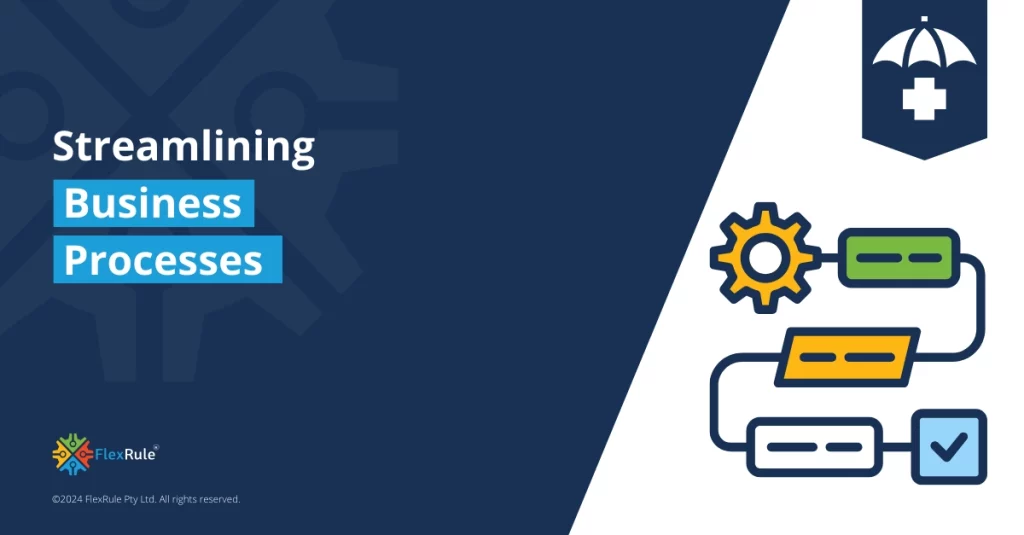
Google Cloud’s AI tools are revolutionizing business operations by streamlining processes, automating routine tasks, and enabling more informed decision-making. These advancements are driving significant improvements in operational efficiency across various industries.
Improving Operational Efficiency: Google Cloud’s AI is designed to enhance operational efficiency by automating repetitive tasks and providing deep insights through advanced data analysis. By leveraging AI, businesses can reduce the time and resources spent on mundane activities, allowing employees to focus on higher-value tasks. For instance, AI-driven automation can handle data entry, customer service interactions, and inventory management, reducing human error and increasing productivity.
One of the key benefits of using AI is the ability to analyze large datasets quickly and accurately. Google Cloud’s AI tools can sift through massive amounts of data to identify trends, anomalies, and patterns that might not be apparent through manual analysis. This capability enables businesses to make data-driven decisions, improving their strategic planning and operational outcomes.
Specific Tools and Services: Google Cloud offers a range of AI services that contribute to operational improvements. Some of the most impactful tools include:
BigQuery: BigQuery is Google Cloud’s fully managed, serverless data warehouse that enables super-fast SQL queries using the processing power of Google’s infrastructure. It allows businesses to analyze large datasets in real time, providing valuable insights that drive informed decision-making. BigQuery’s integration with AI tools enhances its capability to perform predictive analytics and identify actionable insights.
Cloud AutoML: Cloud AutoML offers a suite of machine learning products that enable developers with limited ML expertise to train high-quality models specific to their business needs. By automating the model training process, AutoML reduces the time and complexity associated with developing AI solutions, allowing businesses to deploy models more efficiently.
AI Platform: The AI Platform is an end-to-end development environment for building, training, and deploying machine learning models. It supports various machine learning frameworks and tools, providing a flexible and scalable environment for developing AI solutions. The AI Platform’s integrated tools for data labelling, model management, and hyperparameter tuning streamline the entire ML workflow, enhancing operational efficiency.
Cloud Functions: Cloud Functions is a serverless execution environment for building and connecting cloud services. It allows businesses to run code in response to events without provisioning or managing servers. This service is beneficial for automating routine tasks and integrating various services, making business processes more seamless and efficient.
Dialogflow: Dialogflow is a natural language understanding platform used to design and integrate conversational user interfaces into applications. Businesses use Dialogflow to create chatbots and virtual agents that handle customer inquiries, provide support, and perform transactions. This automation of customer interactions reduces the workload on human agents and improves response times and customer satisfaction.
Advancements in AI Research and Development

Pioneering AI Research with Google Cloud
Google Cloud: has been at the forefront of artificial intelligence research and development, driving technological innovation and advancing the capabilities of AI across various domains. Google’s contributions to AI research are substantial, encompassing fundamental breakthroughs, practical applications, and the development of powerful AI tools that are accessible to a wide range of users.
Overview of Contributions: Google has made significant strides in AI research, contributing to major advancements in machine learning, natural language processing, computer vision, and robotics. Notable achievements include the development of TensorFlow, an open-source machine learning framework that has become a cornerstone for AI research and applications globally. Google’s AI research teams have also pioneered techniques such as deep learning, reinforcement learning, and neural architecture search, which have greatly enhanced the performance and capabilities of AI systems.
Google Cloud’s AI services leverage these research advancements to provide robust, scalable, and user-friendly tools for businesses and researchers. Services like AutoML, AI Platform, and Vision AI incorporate cutting-edge algorithms and models, making it easier for users to deploy state-of-the-art AI solutions without needing deep expertise in AI.
Partnerships and Collaborations: Google Cloud actively collaborates with academic institutions, research organizations, and industry partners to drive AI advancements. These partnerships foster a collaborative ecosystem where knowledge and resources are shared to tackle complex AI challenges. Some notable collaborations include:
- Partnership with the Massachusetts Institute of Technology (MIT): Google has partnered with MIT to advance AI research, focusing on areas such as machine learning, data analytics, and AI ethics.
- Collaboration with the University of California, Berkeley: This partnership aims to explore new frontiers in AI, including machine learning algorithms, data privacy, and AI applications in various industries.
- AI for Social Good Program: Google collaborates with various non-profits and research organizations to apply AI to address global challenges such as healthcare, environmental conservation, and crisis response.
These partnerships enable Google Cloud to stay at the cutting edge of AI research and ensure that its AI tools and services are continually improved and updated with the latest advancements.
Future Prospects and Projects : Google Cloud is committed to pushing the boundaries of AI research through ongoing projects and future initiatives. Some of the critical projects and prospects include:
- AI Ethics and Fairness: Google is dedicated to advancing AI responsibly and ethically. Research initiatives focus on ensuring fairness, transparency, and accountability in AI systems. This includes developing techniques to mitigate bias in machine learning models and enhancing the interpretability of AI decisions.
- Quantum AI: Google is exploring the potential of quantum computing to revolutionize AI. Quantum AI research aims to leverage quantum computing’s computational power to solve complex problems that are currently intractable for classical computers.
- AI-Powered Healthcare Solutions: Google Cloud is working on innovative AI solutions for healthcare, such as AI-driven diagnostic tools, predictive analytics for patient care, and personalized treatment recommendations. These projects aim to improve healthcare outcomes and make medical services more accessible.
- Sustainability and Environmental Impact: Google is investing in AI research to address environmental challenges. Projects include using AI to optimize energy consumption, monitor climate change, and support sustainable agriculture practices.
Ethical Considerations and Challenges
- Subheading: “Navigating the Ethical Landscape of AI “Ethical Concerns: Address common ethical concerns related to the deployment of AI, such as data privacy, bias, and accountability.
- Google Cloud’s Approach: Explain Google Cloud’s approach to developing and using AI responsibly, highlighting their efforts to ensure fairness, transparency, and ethical use of AI technologies.
- Risk Mitigation Strategies: Provide strategies and practices that Google Cloud implements to mitigate risks and address ethical challenges in AI deployment.
The Future of AI with Google Cloud

Looking Ahead: The Future Trajectory of AI
| Aspect | Details |
|---|---|
| Predictions for Impact | Continued Technological Advancement: Google Cloud’s AI is expected to drive significant advancements in various technologies, including automation, machine learning, and natural language processing. |
| Enhanced Business Efficiency: Businesses will increasingly leverage Google Cloud’s AI to streamline operations, optimize resource management, and make data-driven decisions, leading to greater efficiency and productivity. | |
| Societal Benefits: AI-powered solutions will address critical societal issues such as healthcare, environmental conservation, and education. Improved diagnostics, personalized learning, and sustainable practices are some areas where AI will make a substantial impact. | |
| AI Democratization: Google Cloud’s AI tools will become more accessible, enabling a broader range of users, including small businesses and individual developers, to harness the power of AI. | |
| Ethical AI Development: Emphasis on developing ethical and fair AI systems will grow, ensuring transparency, reducing bias, and fostering trust in AI technologies. | |
| Emerging Trends | AI Integration with IoT: The integration of AI with the Internet of Things (IoT) will lead to smarter, more connected devices, enhancing automation and data collection capabilities across industries. |
| Quantum Computing: Google’s research in quantum computing is expected to revolutionize AI by providing unprecedented computational power, enabling the solution of complex problems currently beyond classical AI capabilities. | |
| AI in Edge Computing: AI processing will increasingly occur at the edge of networks, closer to data sources, leading to faster decision-making and reduced latency in applications such as autonomous vehicles and smart cities. | |
| Personalized AI: AI systems will become more personalized, tailoring experiences and services to individual user preferences and behaviors, enhancing customer satisfaction and engagement. | |
| Sustainability Initiatives: AI will play a critical role in promoting sustainability by optimizing energy consumption, improving environmental monitoring, and supporting eco-friendly practices in various industries. | |
| Collaborative AI: The development of collaborative AI systems that can work alongside humans, enhancing human capabilities and enabling more effective teamwork in various professional settings. |
Related Post: Google’s SIMA Can Play 3D Video Games But Like Humans
Frequently Asked Questions (FAQs)
What is Google Cloud AI?
Google Cloud AI is a suite of cloud-based tools and services provided by Google that enable businesses and developers to build, deploy, and scale AI models and applications. It includes services for machine learning, natural language processing, vision AI, and more.
How can Google Cloud AI benefit my business?
Google Cloud AI can enhance your business operations by automating routine tasks, improving decision-making through data analysis, and enabling personalized customer experiences. It also helps optimize resources and increase operational efficiency.
What are the key features of Google Cloud AI?
Key features of Google Cloud AI include AutoML, AI Platform, TensorFlow, BigQuery, and Dialogflow. These tools offer capabilities for machine learning, natural language understanding, data analysis, predictive analytics, and conversational AI.
How does Google Cloud AI improve healthcare?
In healthcare, Google Cloud AI improves diagnostics by analyzing medical images and patient data, predicts patient outcomes, and personalizes treatment plans. These capabilities enhance patient care and operational efficiency in healthcare facilities.
Can small businesses use Google Cloud AI?
Yes, Google Cloud AI is designed to be accessible to businesses of all sizes. Tools like AutoML make it easier for small businesses to build and deploy AI models without requiring extensive expertise in machine learning.
Conclusion
The advancements in artificial intelligence and cloud computing, particularly through Google Cloud AI, are revolutionizing the future of technology. Google Cloud AI’s robust platform integrates AI with cloud technology to provide innovative solutions tailored for businesses of all sizes. The suite of tools such as AutoML, AI Platform, and TensorFlow, along with unique features like scalability and integration capabilities, set Google Cloud AI apart from its competitors.
